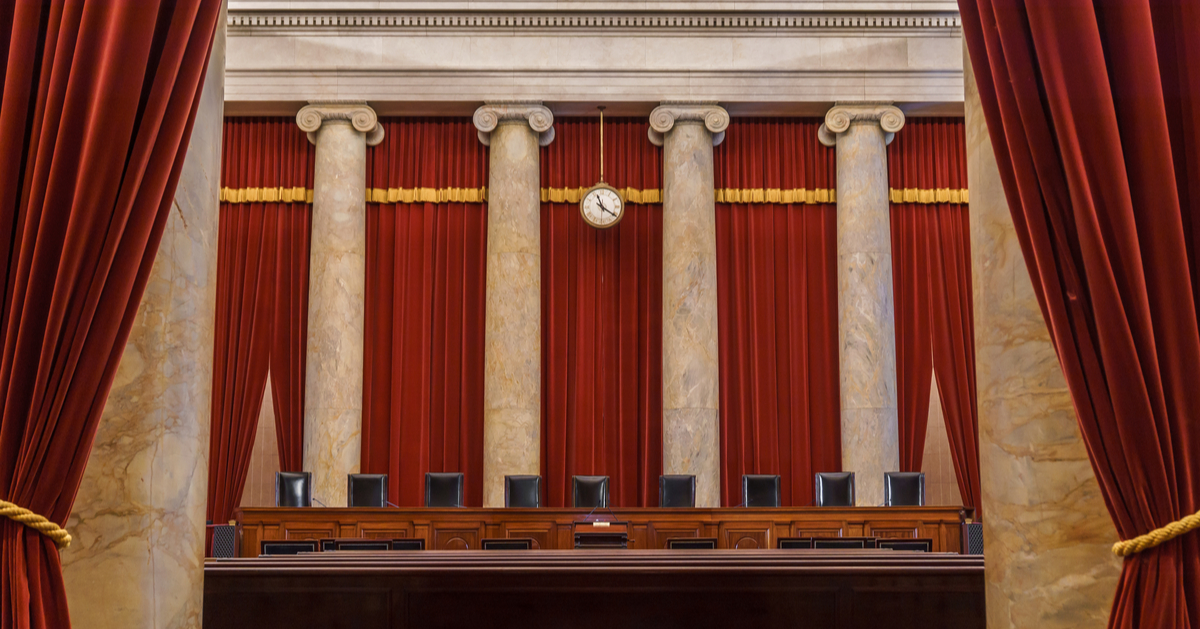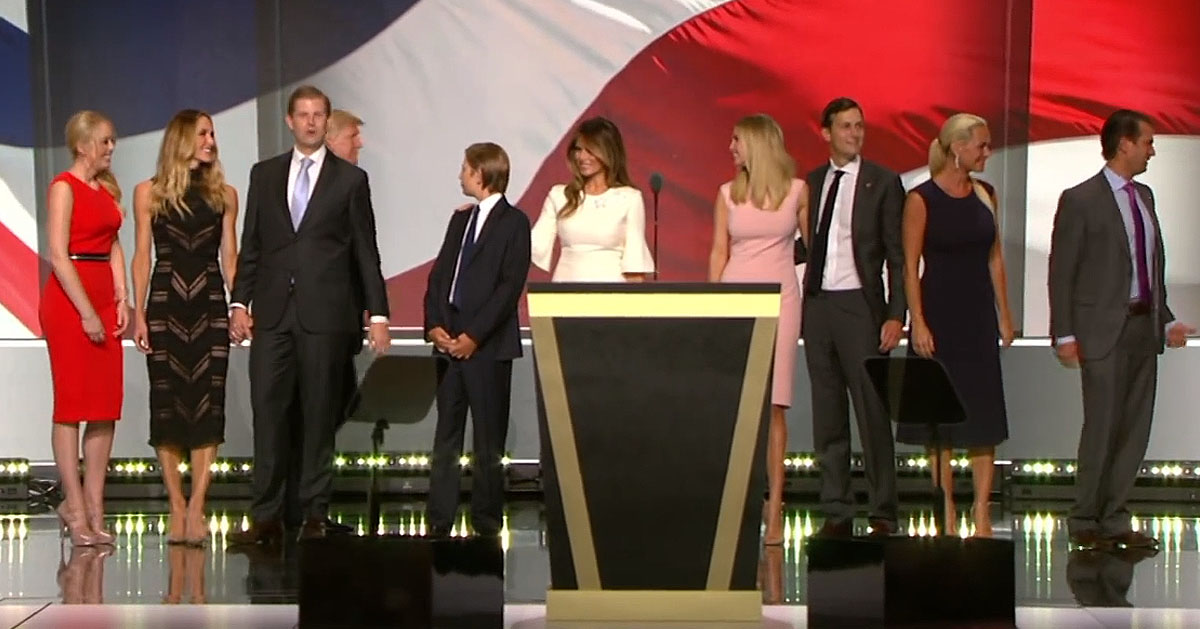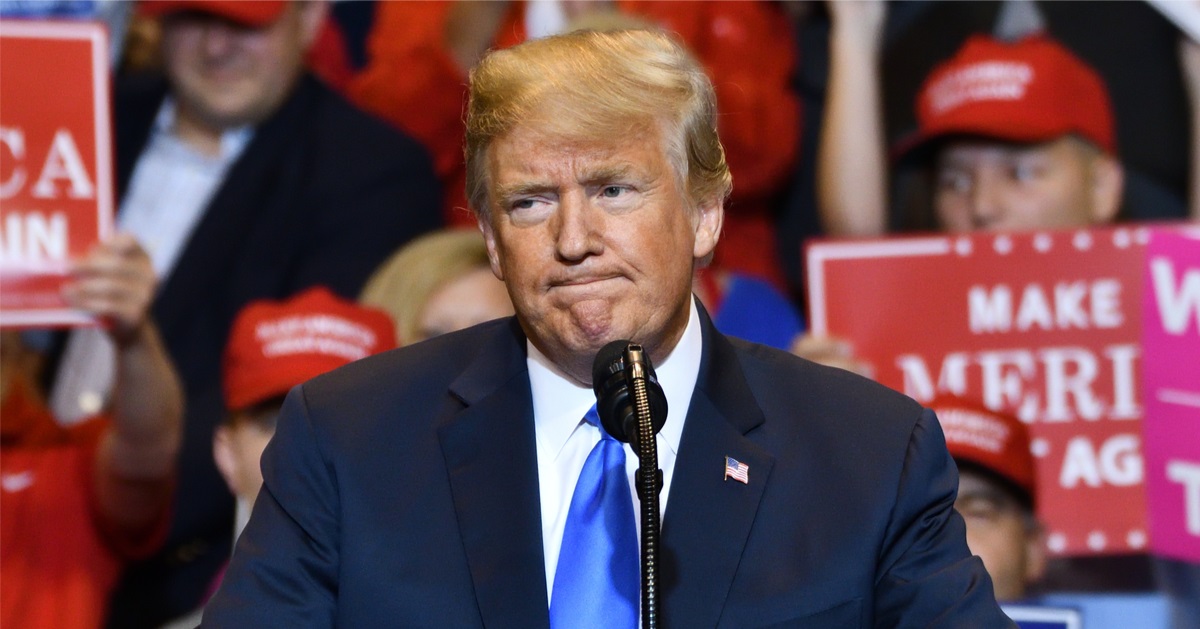A former FAA contractor admits sharing airport files with Iran
The Federal Aviation Administration is having a rough time working through the transition from the last administration to this one, and things have gone from bad to worse in the terrorism sort of way.
According to a recent press release from the Department of Justice, FAA contractor Abouzar Rahmati, 42, sold out airport information to the Iranian government.
Rahmati, who is a naturalized U.S. Citizen and a resident of Great Falls, Virginia, has pleaded guilty to conspiracy to act and acting as an agent of the Iranian government.
According to recently released documents, these actions took place from December 2017 through June 2025.
How It Started
The naturalized citizen worked meeting with Iranian intelligence officers for Iran, communicated with the officers and used a cover story to hide his conduct.
He allegedly obtained employment as a contractor for the FAA to access information not available to the public about the aviation sector, specifically to help Iranian intelligence officers.
In August, the accused reportedly offered his services to the Iranian government, working with a former Iranian Ministry of Intelligence official.
Four months later, he traveled to Iran, where he had previously attended university, and worked with government officials and agreed to obtain information about the US solar and energy sector.
What He Did
After he returned to the United States early in 2018, he obtained private and openly available information.
He provided it to an official from the office of Iran's Vice President for Science Technology in response to government officials' requests.
The government alleges that around the middle of 2022, Rahmati gave some of this information to his brother in Iran. This includes papers pertaining to solar power, solar panels, the FAA airports, and American air traffic control towers.
According to court records, he later had the information transferred to Iranian intelligence personnel.
The Guilty Plea
The guilty plea is a latest chapter in the long-simmering tension between the United States and Iran; yet centered, ultimately around discussions about Tehran's nuclear program.
Iranian and American envoys concluded their first round of "positive" and "constructive" talks in Oman last week, and the Trump administration reports that they have agreed to continue their conversations this coming weekend.
Experts on U.S. national security have stood against to President Donald Trump's move to initiate negotiations with the Middle Eastern country.
DUring his previous administration In 2018, Trump decided to pull out of the JCPOA, which is widely recognized as the Iran Nuclear Deal.






